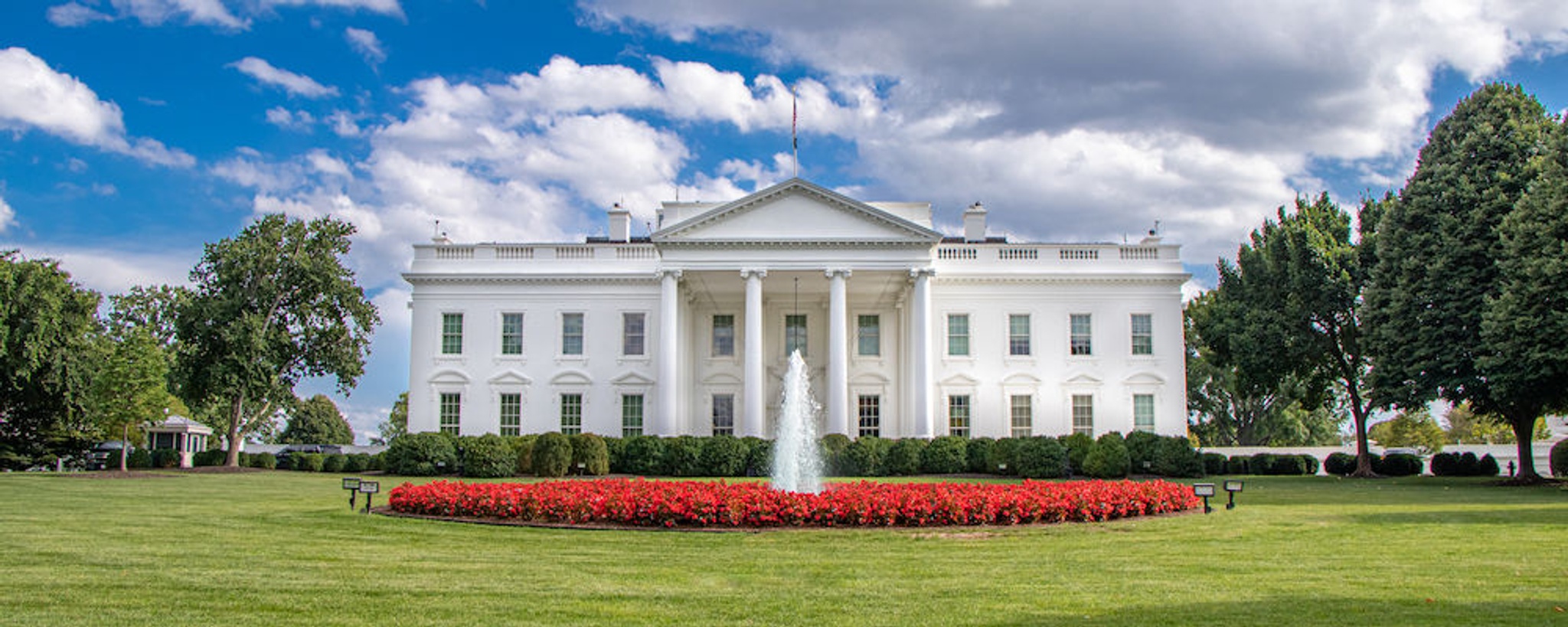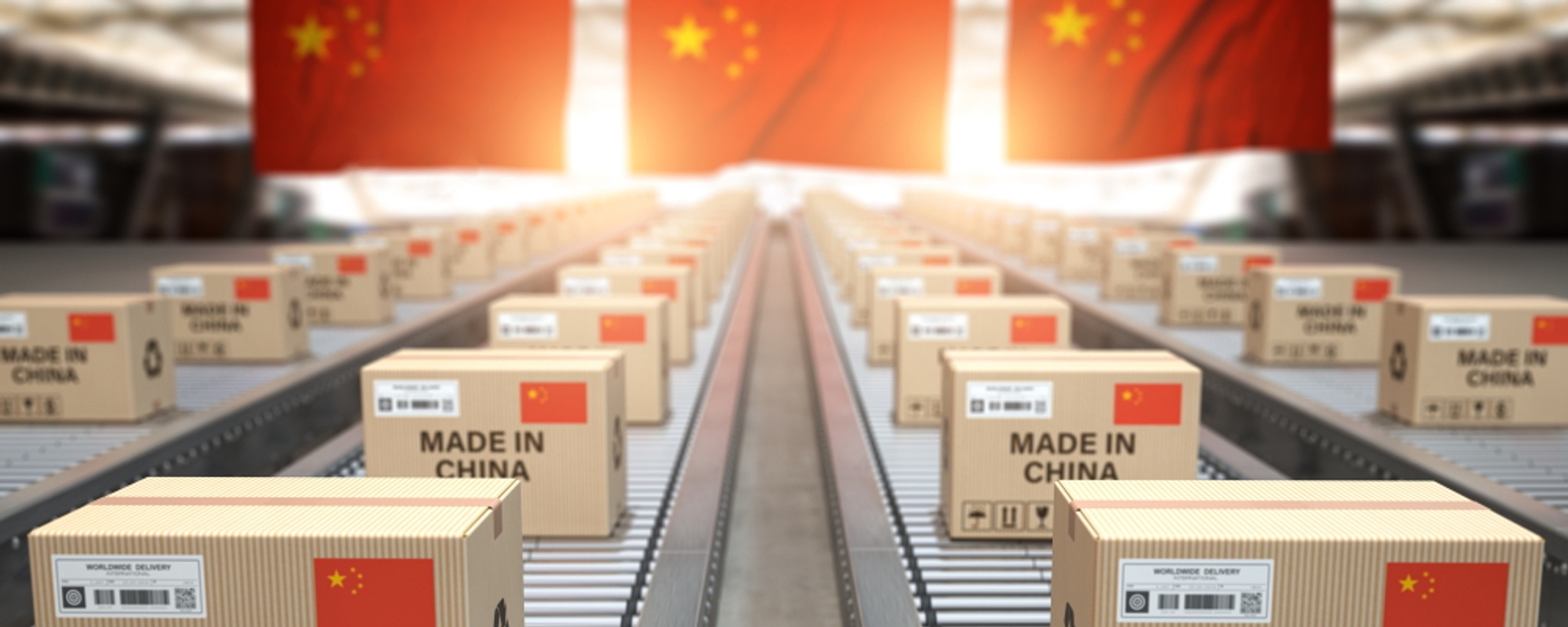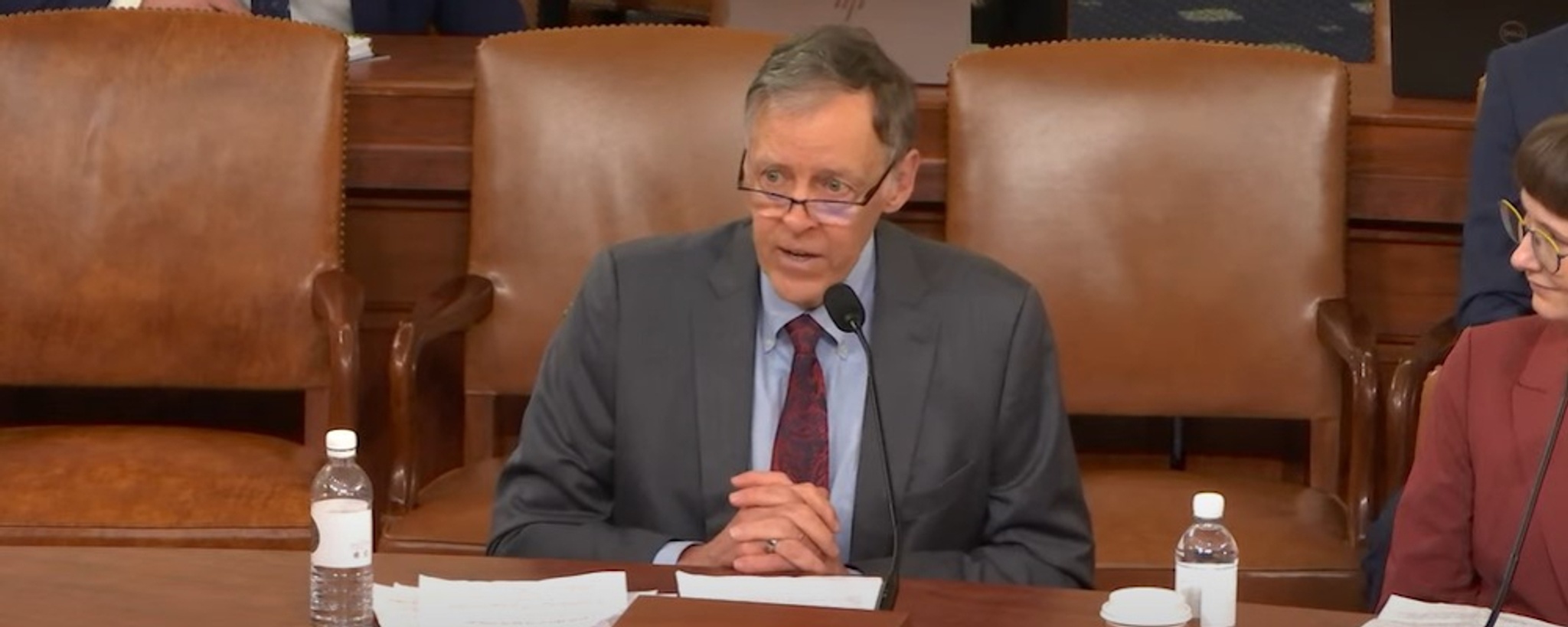Trade
Navigate forward to interact with the calendar and select a date. Press the question mark key to get the keyboard shortcuts for changing dates.
Navigate backward to interact with the calendar and select a date. Press the question mark key to get the keyboard shortcuts for changing dates.
Growing the innovation economy requires tight and deep integration of global markets—but with the critical caveat that this integration must come with strong commitments to openness and robust, market-oriented national competitiveness policies, not protectionist market distortions. ITIF's research focuses on how to promote robust trade, especially in innovation-based industries, and curb the spread of innovation mercantilism in all its forms.

Vice President, Global Innovation Policy, and Director, Center for Life Sciences Innovation
Information Technology and Innovation Foundation
Read BioFeatured
Letter to the Trump Administration Regarding Non-Tariff Attacks on US Tech Firms and Industries

Foreign governments are systematically deploying policies that constitute non-tariff attacks (NTAs) on America’s leading technology companies. ITIF and other think tank scholars and policy experts urge the administration to put these unfair NTAs on the U.S. trade agenda and insist that America’s trading partners address them.
How to Mitigate the Damage From China’s Unfair Trade Practices by Giving USITC Power to Make Them Less Profitable

Section 337 of the 1930 Tariff Act allows the U.S. International Trade Commission (USITC) to bar imports when domestic industries suffer harm due to unfair competition. Congress should expand the law to better address the unfair trade practices China uses to capture market share in advanced industries at America’s expense.
More Publications and Events
February 11, 2026|Blogs
Op-Art: The High Toll of Europe’s Payment Sovereignty
European calls for “payment sovereignty” misdiagnose the problem: Visa and Mastercard lead through competition, not coercion, and a state-backed alternative would entrench protectionism instead of enabling regulatory reforms that would let European firms scale and compete globally.
February 5, 2026|Op-Eds & Contributed Articles
Plea for Transatlantic Ties, Not Technological Autarky
In a letter to the Financial Times, Daniel Castro argues that Europe’s push for “digital sovereignty,” exemplified by France replacing Zoom and Teams with a domestic platform, risks fragmenting the transatlantic digital ecosystem and weakening security and efficiency, and that true resilience comes from interoperable systems, shared rules, and cooperation among allied countries.
February 5, 2026|Testimonies & Filings
Coalition Letter Requesting Trade Subcommittee Hearings on Non-Tariff Attacks Against US Technology Companies
NTAs restrict U.S. firms’ ability to innovate and compete on level terms, undermining U.S. technology leadership, economic strength, and national security in the geostrategic competition with China. Congress and the Administration need to have policy tools at their disposal to identify, document, prevent, and respond to these measures.
February 3, 2026|Blogs
Strategic Indispensability or Strategic Irrelevance
Canada’s path to lasting competitiveness lies in strategic indispensability: specializing in a small number of high value-added goods or services that the world can’t do without. Ottawa must continue making explicit decisions about what gets built and what does not; otherwise, it risks spending heavily with little to show for it.
January 27, 2026|Press Releases
EU–India Trade Deal Exposes US Trade Vacuum, Says ITIF
The EU–India trade deal is a wake-up call for Washington, highlighting how U.S. exporters are falling behind as other nations cut tariffs and reshape global trade.
January 22, 2026|Blogs
2026: The End of the Western Alliance and the Emergence of China
Davos made clear that many “allies” would rather denounce the United States and chase access to Chinese markets than bear the burdens required to sustain the Western alliance and democratic system.
January 22, 2026|Blogs
Trump Is Correct: European Nations Must Pay More for Innovative Drugs
Europe has long free-ridden on U.S. drug innovation—and while President Trump is right to push allies to pay their fair share, importing Europe’s price controls into the U.S. would undercut the very innovation the world depends on.
January 17, 2026|Blogs
Cars, Canola, and the Country Canada Chooses to Be
Treating cars like canola is not strategy. Using industrial platforms as bargaining chips for commodity access risks locking Canada into a permanently resource-heavy economic structure, one in which manufacturing capacity cannot be easily rebuilt and its absence reshapes the economy for decades.
January 16, 2026|Blogs
Big Tech Is Not the “Main Enemy”: Techno-Nationalist Opposition to America Is Nothing New
In every wave of U.S. industrial leadership, other nations have attacked American multinationals, especially tech firms, for blatantly protectionist reasons.
January 9, 2026|Blogs
The Era of Global Free Trade Is Over: Time for the Era of Strategic Partnerships
Trade is not an end in itself; it is a tool the U.S. should use to build allied power and constrain the CCP. We must move beyond trade agreements toward comprehensive strategic partnerships.





